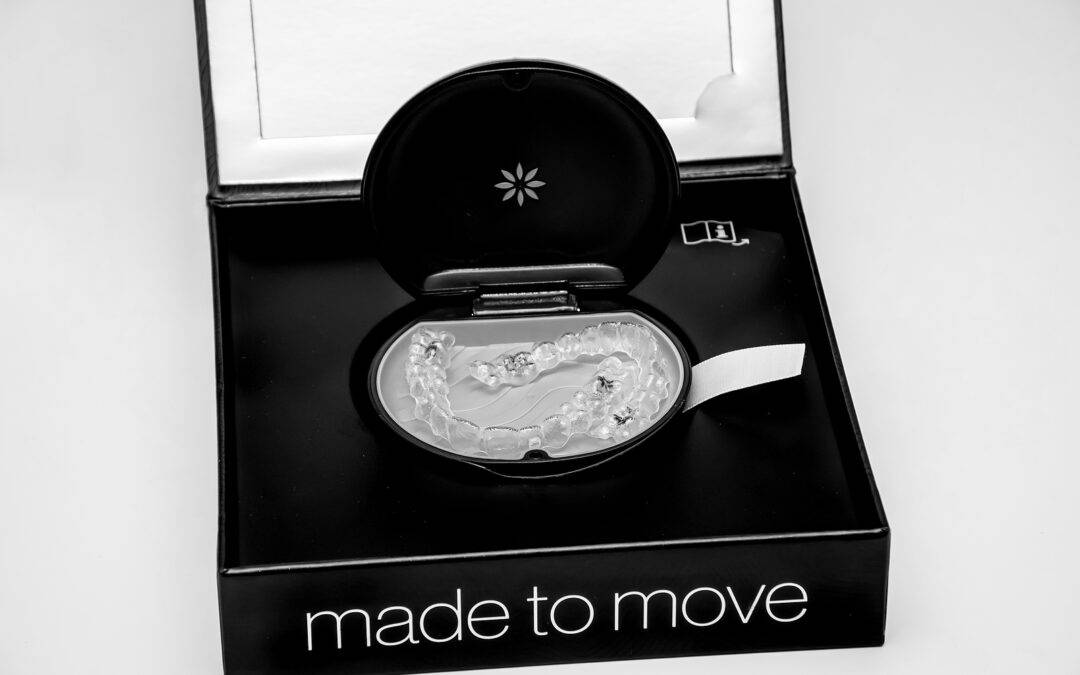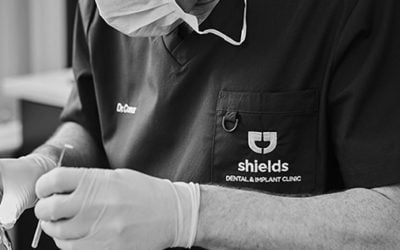Have you been thinking about replacing a missing tooth, or perhaps you’d like to substitute your dentures for a more long-term and fixed solution? Dental implants are the only means of replacing teeth that actually promote a healthy jawbone, and with good care they can become a permanent answer to tooth loss.

Why is bone density important for dental implants?
Dental implants are titanium posts that mimic a real tooth root and are directly inserted into the jawbone. Good jawbone is crucial if your dental implants are to be a success.
When your gums are in good health, they fit around your implant securely and ensure it stays in place, whilst the healthy jaw tissue bonds with your implant permanently. If your gums or jaw are weak, the implant can’t heal properly and will fail.
How to maintain good jawbone health
Maintaining good jawbone health (and indeed good overall bone health) is something everyone should aim for. If you’ve just had dental implants fitted, or you’re considering treatment, take a look at these pointers which can maximise the possibility of the osseointegration (the process whereby the implant fuses with the jawbone) becoming a success.
Exercising
working out during the time your implant is fusing with your jawbone is always extremely beneficial for good bond health, as it improves blood flow, which speeds up the healing process.
Avoid smoking
smoking does the opposite of exercise, reducing blood supply to the bone, and many other tissues in the body. Meanwhile, nicotine slows down the production of bone-producing cells (known as osteoblasts), so it’s no surprise that smoking is no friend to the health of your jawbone. Finally, calcium is a building block for bone (and tooth) health, and smoking decreases the body’s ability to absorb this vital nutrient.
Limit alcohol intake
as alcohol interferes with the osseointegration process it’s strongly recommended that patients avoid it for 72 hours after placement. From a long term point of view, drinking excessive amounts of alcohol can have a negative effect on blood supply, which can eventually lead to implant failure.
Eat the right foods
we recommend sticking to soft foods for the first 24-hours after surgery. As your jaw continues to heal, you can begin to introduce solid foods back into your diet. Potatoes, eggs, dairy products and protein-rich foods such as chicken, fish and ground beef are all manageable – just make sure you finely chop them to limit the strain you’re putting on your jawbone. Protein-rich foods will help the body to fight off infection and boost the body’s healing abilities, making it an essential part of your diet in the months after your implant surgery.
What if I don’t have healthy jawbone to support dental implants?
Should we find you don’t have enough healthy bone to support dental implants, don’t be disheartened. A bone graft can be performed to restore bone density, a process whereby we use your own bone tissue, donor bone or synthetic material to build up the bone in your jaw.
Here at Shields Dental & Orthodontic Clinic, we’re constantly looking for ways to streamline the treatment process, which is why we offer PRGF. This amazing and innovative technique allows us to harness the power of the patient’s own proteins (found in their blood), which are extracted and re-administered, to encourage bone healing and regeneration.
Some of the main benefits of using PRGF in conjunction with dental implants treatment include:
- Regenerates bone around dental implants.
- Enhances the fusing process.
- Increases success rate of implants.
- Speeds up healing time between the various stages of surgery.
Should we find you don’t have enough bone height in the upper jaw (often as a consequence of lost molars, gum disease or a maxillary sinus that’s too close to the upper jaw for implants to be placed), we can perform what’s known as a sinus lift.
A sinus lift makes room for artificial bone by moving the sinus membrane upward. With more people opting for dental implants than ever before, procedures like bone grafts and sinus lifts have become more common, to prepare the jawbone prior to placement. A sinus lift generally takes around 9 months.
Carefully-planned treatment, using the latest technology
Here at Shields, our South Circular Road clinic is equipped with a CBCT scanner, which allows for excellent treatment planning when it comes to dental implants. It also uses a lower dose of radiation than a traditional CT scanner, with no radiation remaining in the body after the scan.
The scanner is extremely accurate when measuring your jawbone in preparation for dental implants, which means placement is highly accurate and precise. An optical scan can also allow us to create a virtual model of the soft tissues in your mouth, teeth and bones.
Dental implants: the closest thing to a real tooth
Here at Shields, we love dental implants. They behave just like real teeth, which means functions like speaking and eating become second nature again.
As well as single dental implants and multiple dental implants, we offer All-on-4 Teeth in a Day, which doesn’t require a bone graft. This is because the implants are angled in a specific way. The 4 or 6 implants used to support the restoration that will sit over the top, take advantage of the areas where bone is more dense. This also makes placement a less invasive process for the patient. Find out more about treatment here.
Are you based in the Limerick or Castletroy area? Contact us to attend a free no obligation implants consultation, worth €150. We can also offer 0% finance for up to 18 months and implants patients can currently benefit from complimentary teeth whitening treatment.






